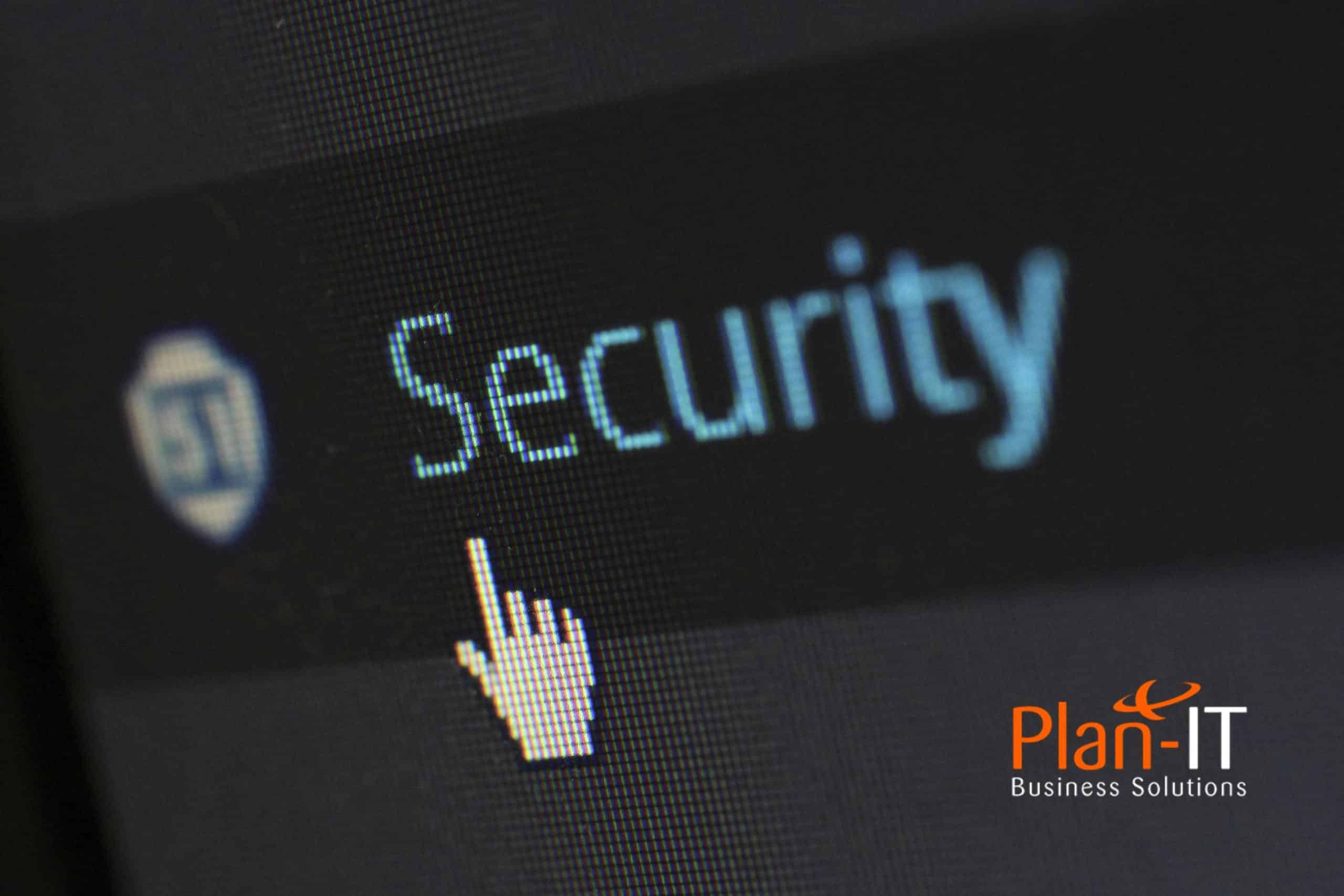Multi-Factor Authentication
Multiple layers of security to protect your accounts
In today’s digital age, the security of sensitive information and data is of utmost importance. With an increase in cyberattacks, it is crucial to implement strong security measures to protect sensitive information from unauthorised access. One such security measure that has gained popularity in recent years is multi-factor authentication (MFA).
Multi-factor authentication, also known as two-factor authentication (2FA), is a security process that requires users to provide two or more forms of authentication to access a system or application. This process adds an extra layer of security, making it harder for cybercriminals to gain access to sensitive information.
MFA typically involves three authentication factors: something you know, something you have, and something you are. These factors can include passwords, security tokens, fingerprint scans, facial recognition, or voice recognition. By requiring users to provide two or more of these factors, MFA reduces the risk of unauthorised access even if a hacker manages to obtain one factor, such as a password.
Implementing MFA has several benefits. Firstly, it enhances the security of the system or application, making it harder for cybercriminals to gain unauthorised access. Secondly, it reduces the risk of data breaches, which can result in significant financial and reputational damage to an organisation. Thirdly, it helps organisations comply with data protection regulations such as GDPR and HIPAA, which require organisations to implement strong security measures to protect sensitive information.
In conclusion, multi-factor authentication is a vital security measure that organisations should implement to protect sensitive information from unauthorised access. By implementing MFA, organisations can enhance the security of their systems and applications, reduce the risk of data breaches, and comply with data protection regulations.

Business Backup and Disaster Recovery
Are you sure your Business Data is backed up ...
World Earth Day
World Earth Day Thank you nature To celebrate ...
NinjaONE RMM Patch Management Offer
NinjaONE RMM Patch Management Offer What is Cyber ...




